
Access our extensive links to resources available to support practitioners and learn more about screenable disorders.
ACT Sheets and Algorithms
The ACMG ACT Sheets and their accompanying algorithms are a great resources for health care providers looking for information on genetic conditions (identified through newborn screening and beyond) to help inform clinical decision making. Developed by the American College of Medical Genetics and Genomics and the National Coordinating Center for the Regional Genetics Networks (NCC), ACMG ACT Sheets are available on the ACMG websites. Given the rarity of many genetic conditions—ACT Sheets and algorithms are excellent refreshers on the conditions, diagnoses, and next steps for patients. Learn more.
Newborn Screening Education for Practitioners
American College of Medical Genetics (ACMG) ACT Sheets and Algorithms: The ACMG ACT Sheets and their accompanying algorithms are a great resources for health care providers looking for information on genetic conditions (identified through newborn screening and beyond) to help inform clinical decision making. Developed by the American College of Medical Genetics and Genomics and the National Coordinating Center for the Regional Genetics Networks (NCC), ACMG ACT Sheets are available on the ACMG websites. Given the rarity of many genetic conditions—ACT Sheets and algorithms are excellent refreshers on the conditions, diagnoses, and next steps for patients. Learn more

Newborn Screening Education (CE and MOC): The Newborn Screening Education Program provides healthcare professionals and institutions with certified learning opportunities to ensure that all well newborns receive appropriate screening prior to discharge from the hospital. Nurses earn Contact Hours for completing the critical congenital heart disease (CCHD) and dried blood-spot screening online modules. Physicians earn 10 ABP approved MOC Part 2 points for the CCHD online module. The website is a joint effort of the Virginia Department of Health, the University of Virginia Office of Continuing Medical Education and the University of Virginia Children’s Hospital. Learn more
Newborn Screening Education: Online Newborn Screening Education For Healthcare Professionals: The goal of this site is to provide healthcare professionals and institutions nationwide with continuing medical education certified opportunities to ensure that every well newborn is accurately screened prior to discharge from the hospital. Learn more
Regional Genetic and Newborn Screening Service Collaboratives
The Maternal and Child Health Bureau of the Health Resources and Services Administration (MCHB/HRSA), Genetic Services Branch (GSB) awarded grants to seven Regional Genetic and Newborn Screening Service Collaboratives (RCs) and a National Coordinating Center (NCC) as part of larger on-going efforts to improve the health of children and their families by promoting the translation of genetic medicine into public health and health care services. The RCs work to strengthen and support the genetics and newborn screening (NBS) capacity of the States, and therefore the Nation, using a regional approach to addressing the maldistribution of genetic service providers. A fundamental goal of the overall program is to improve access to high quality healthcare services related to newborn screening and genetics within local communities. All activities and programs of the NCC/RC system strive to build linkages between primary care providers and medical home, geneticists, and other specialty providers, and public health, so that the needs of patients and families with heritable disorders are best served.
National Coordinating Center for the Regional Genetics Networks: A fundamental goal of the NCCRCG is to bring genetic services closer to local communities. The NCC provides infrastructure, coordination, technical assistance and resources necessary to address issues of universal importance, thereby avoiding duplication of efforts and allowing the regions to focus on their unique areas of need. Learn more
New England Regional Genetics Network (CT, ME, MA, NH, RH, VT): The NEGC is dedicated to narrowing the gap between status quo and opportunity for individuals with genetic disorders. The NEGC facilitates collaboration to support innovation in genetics and improve access to genetic services among representatives from public health, metabolic/genetic and primary care practices, medical homes, academia, and parent groups, including ongoing work groups, such as the Metabolic Clinics Quality Improvement Learning Collaborative, and special projects, such as Legal Analysis of Health Information Exchange in New England. Learn more
New York Mid-Atlantic Caribbean Regional Genetics Network (DE, DC, MD, NJ, NY, PA, VA, WV): One of NYMAC’s goals is to ensure that people with diseases with a genetic component have access to the services and care they need in the context of a health home. To that end, NYMAC awards grants for medical home collaborations and development of transition to adult care programs. In addition, we fund emergency planning for continuity of care so that patients and their families have uninterrupted access to clinical services, medications, supplies and medical foods. We are continually looking for new ways to improve this access and we encourage public and private health professionals to work with us on projects and activities as champions and partners. Learn more
Southeast Regional Genetics Network (AL, GA, FL, LA, MI, NC, SC, TN): The program intends to improve health equity and health outcomes in individuals with genetic conditions, reduce morbidity and mortality caused by genetic conditions (including congenital and metabolic disorders); and to improve the quality of coordinated and comprehensive genetic services to children and their families. Learn more
Heartland Regional Genetics Network (AK, IO, KS, MO, NE, ND, OK, SD): The Heartland Regional Genetics Network is focused on ensuring the best possible outcome for individuals with heritable disorders and optimizing the health of the population throughout the life cycle by improving understanding and awareness of genetics, expanding access to health care, and translating new findings to improve the quality of care within an eight-state region. Learn more
Midwest Regional Genetics Network (KY, IL, IN, MI, MN, OH, WI): The mission of the Midwest Genetics Network is to:
- Increase access to information about newborn screening and genetic resources, services and family support systems.
- Facilitate data collection and analysis to guide decision-making regarding screening cut-offs, diagnosis and long term treatment of heritable disorders.
- Support state public health agencies in improving infrastructure for genetic service delivery to children with heritable disorders.
- Provide a forum for families, public health, and clinical providers to share best practices and models for improving newborn screening, follow-up and genetic care coordination.
- Link Region 4 states with regional and national initiatives for improving the quality of newborn screening and genetic service delivery. Learn more
Mountain States Regional Genetics Network (AZ, CO, MT, NM, NV, TX, UT, WY): MSRGN’s mission is “to ensure that individuals with genetic disorders and their families have access to quality care and appropriate genetic expertise and information through facilitating a professional network of genetics clinics, key primary care practices, consumer advocates, and state health department resources.” Learn more
Western States Regional Genetics Network (AK, CA, HI, ID, OR, WA, Guam): The Western States Regional Genetics Network, formally known as Western States Genetic Services Collaborative, is a federally-funded, multi-state project that seeks to increase access to genetic services and education for medically underserved populations. Learn more
Government Programs and Agencies
Advisory Committee on Heritable Disorders in Newborns and Children (Committee): Chartered in February 2003 to advise the Secretary of the US Department of Health and Human Services regarding the most appropriate application of universal newborn screening tests, technologies, policies, guidelines and standards for effectively reducing morbidity and mortality in newborns and children having, or at risk for, heritable disorders. Learn more
Centers for Disease Control (CDC): CDC’s mission is collaborating to create the expertise, information, and tools that people and communities need to protect their health–through health promotion, prevention of disease, injury, and disability, and preparedness for new health threats. Learn more
Health Information Resource Database: A database for pregnancy and other healthcare-related materials. Learn more
Maternal and Child Health Bureau: A governmental program responsible for ensuring the health and well-being of the entire population of women, infants, and children. Learn more
National Institute of Health (NIH): The medical research agency of the US Department of Health and Human Services. Learn more
Professional Organizations
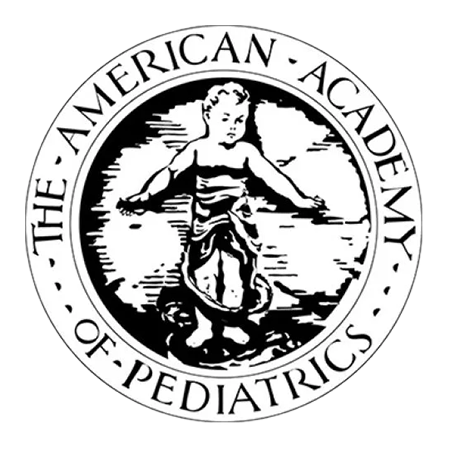
American Academy of Pediatrics: Dedicated to the health of all children. Learn more
American Association for the Advancement of Science: The world’s largest general scientific society. Learn more
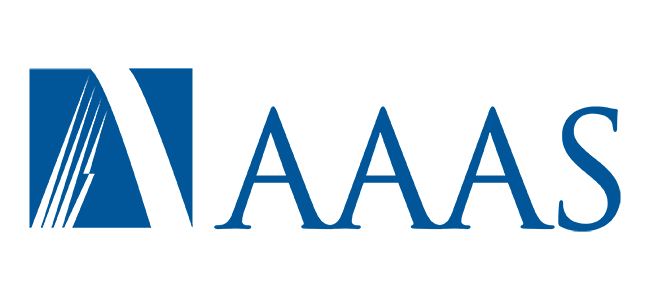
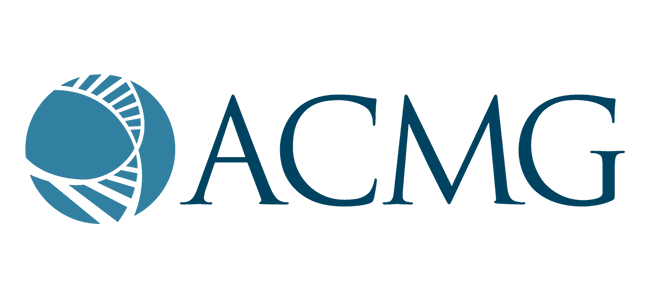
American College of Medical Genetics (ACMG): An organization dedicated to improving health through medical genetics. Learn more
American Congress of Obstetricians and Gynecologists (ACOG): A national association for Obstetricians and Gynecologists. Learn more

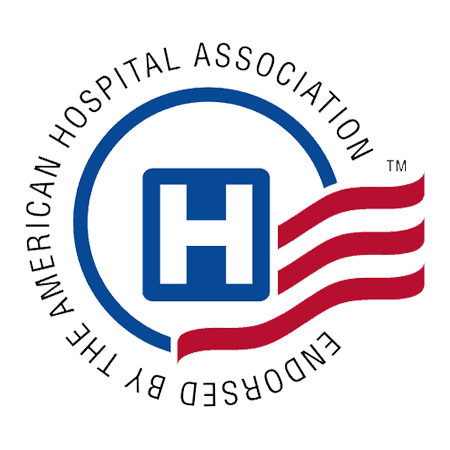
American Hospital Association (AHA): A national association of hospitals, health systems, and related organizations whose mission is to improve standards of care. Learn more
American Medical Association (AMA): A national association of medical professionals whose mission is to promote the art and science of medicine and the betterment of public health. Learn more
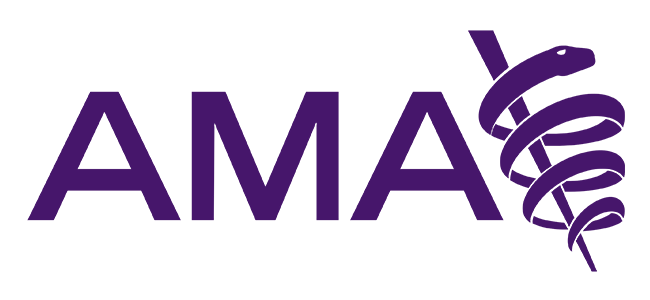
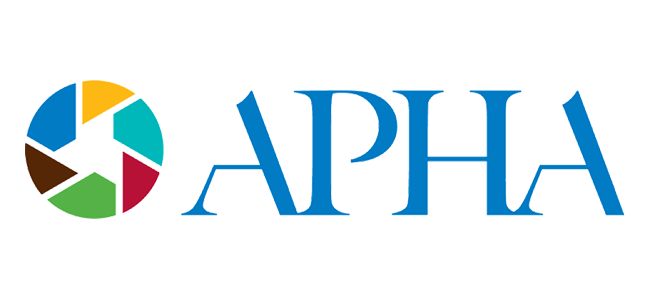
American Public Health Association (APHA): An association of public health professionals seeking to improve public health standards worldwide. Learn more
Association of Public Health Laboratories (APHL): An organization that serves to protect the public from diseases and other hazards. Learn more
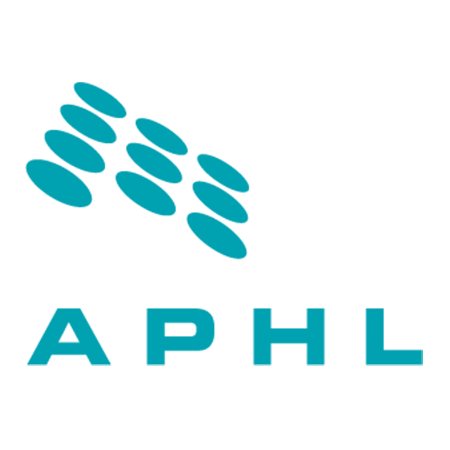

Association of State and Territorial Health Officials (ASTHO): A national, non-profit organization representing public health agencies throughout the US. Learn more
Genetics Society of America: A collection of national and international genetics societies. Learn more
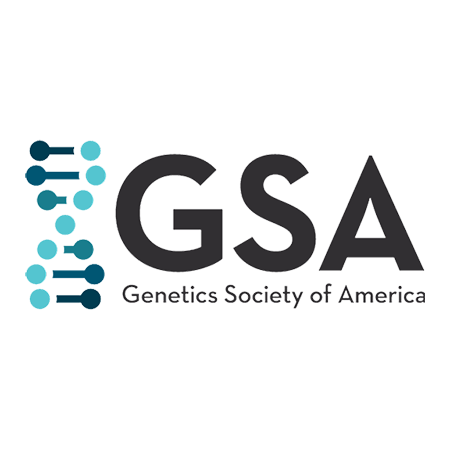
Other Resources for Practitioners
American College of Medical Genetics: Find a Genetic Clinic: ACMG’s “Find a Genetics Clinic” allow individuals to search for genetics clinics across the United States. The directory contains the locations of genetics clinics that have requested to be listed. Learn more
Association of Public Health Laboratories: Newborn Screening and Genetics Program: APHL’s Newborn Screening and Genetics Program strengthens the role of public health laboratories in genetic testing and designs strategies to address changes in the field of newborn screening (NBS). The program develops and recommends positions statements related to newborn screening and genetics to the association, and provides input to the Newborn Screening Quality Assurance Program on quality control and proficiency testing issues relevant to newborn screening laboratories across the globe. Learn more
CDC Newborn Screening Portal: News and Resources from the CDC regarding newborn screening. Learn more
Department of Health and Human Services (HHS) Recommended Uniform Screening Panel: The RUSP is a list of disorders that the Secretary of the Department of Health and Human Services (HHS) recommends for states to screen as part of their state universal newborn screening (NBS) programs. Learn more
Health Resources and Services Administration: Newborn Screening Resources: A compilation of resources including professional organization position statements, federal agencies, and support organizations. Learn more
Newborn Screening Translational Research Network (NBSTRN): The American College of Medical Genetics (ACMG) was awarded a 5-year contract by the Eunice Kennedy Shriver National Institute of Child Health and Human Development (NICHD) to develop the National Coordinating Center for the Newborn Screening Translational Research Network (NBSTRN). NBSTRN’s basic goal is to develop a system in which long-term follow-up and outcome data can be collected by providers. This can be used for several purposes, including developing the clinical history of the treated disease, some of which can be 1) made available in some form to newborn screening programs as a means of evaluating the success of their screening programs, and 2) the basis on which next generation treatments might be evaluated. For conditions that are considered candidates for NBS, a system will be developed in which the clinical histories can be defined and in which clinical trials can be pursued. Learn more
NewSTEPs: NewSTEPs is a national newborn screening resource center designed to provide data, technical assistance and training to newborn screening programs and assist states with quality improvement initiatives. Learn more


